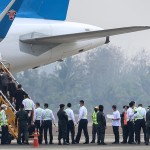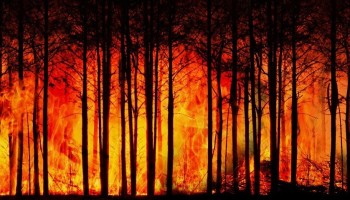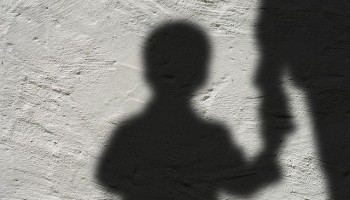The government of the sub-Saharan African country shut down independent media in 2001, and put at least 16 journalists behind bars without trial, of whom at least seven have perished.
The state, according to the report, holds a monopoly over broadcast media and access to alternative media remains restricted. Only about 1% of the country’s population uses internet.
North Korea and Turkmenistan follow Eritrea as countries in which, according to the report, “the media serves as a mouthpiece of the state, and any independent journalism is conducted from exile.” Few foreign journalists have been permitted to enter, and are closely monitored.
In North Korea, for example, Article 67 of the country's constitution calls for freedom of the press, but nearly all the content of North Korea's newspapers, periodicals, and broadcasters comes from the official Korean Central News Agency (KCNA), which focuses on the political leadership's statements and activities.
In Turkmenistan, according to the report, President Gurbanguly Berdymukhamedov, in power since 2006, “enjoys absolute control over all spheres of life, including the media, using it to promote his cult of personality.”
As IREX's 2017 Media Sustainability Index showed, the regime blocks independent online publications and bans the use of VPNs and other anonymizing tools. Therefore, independent Turkmenistan-focused media outlets must operate in exile, and anyone who attempts to access the website can be questioned by the authorities, according to OpenDemocracy report.
Governments in Saudi Arabia, China, Vietnam, and Iran, as the report said, “use a combination of blunt tactics like harassment and arbitrary detention as well as sophisticated surveillance and targeted hacking to silence the independent press.”
Those countries, it said, use similar, special censorship tactiques - jailing and harassing journalists and their families, while engaging at the same time in digital monitoring and censorship of the internet and social media.
The sItuation is allegedly similar in the countries at the bottom of CPJ's most censored countries list - Equatorial Guinea, Belarus and Cuba.
Syria, Yemen and Somalia, although not in the top 10 list, are also described as countries with extremely difficult conditions for journalists, “but not necessarily attributable solely to government censorship.”
Violent conflict, insufficient infrastructure, and the role of non-state actors, according to the report, create conditions there dangerous for the press.
Article 19 of the Universal Declaration of Human Rights says that “everyone has the right to seek and receive news and express opinions,” stressing that the 10 listed countries “flout the international standard by banning or severely restricting independent media and intimidating journalists into silence with imprisonment, digital and physical surveillance, and other forms of harassment, while self-censorship is pervasive.”






